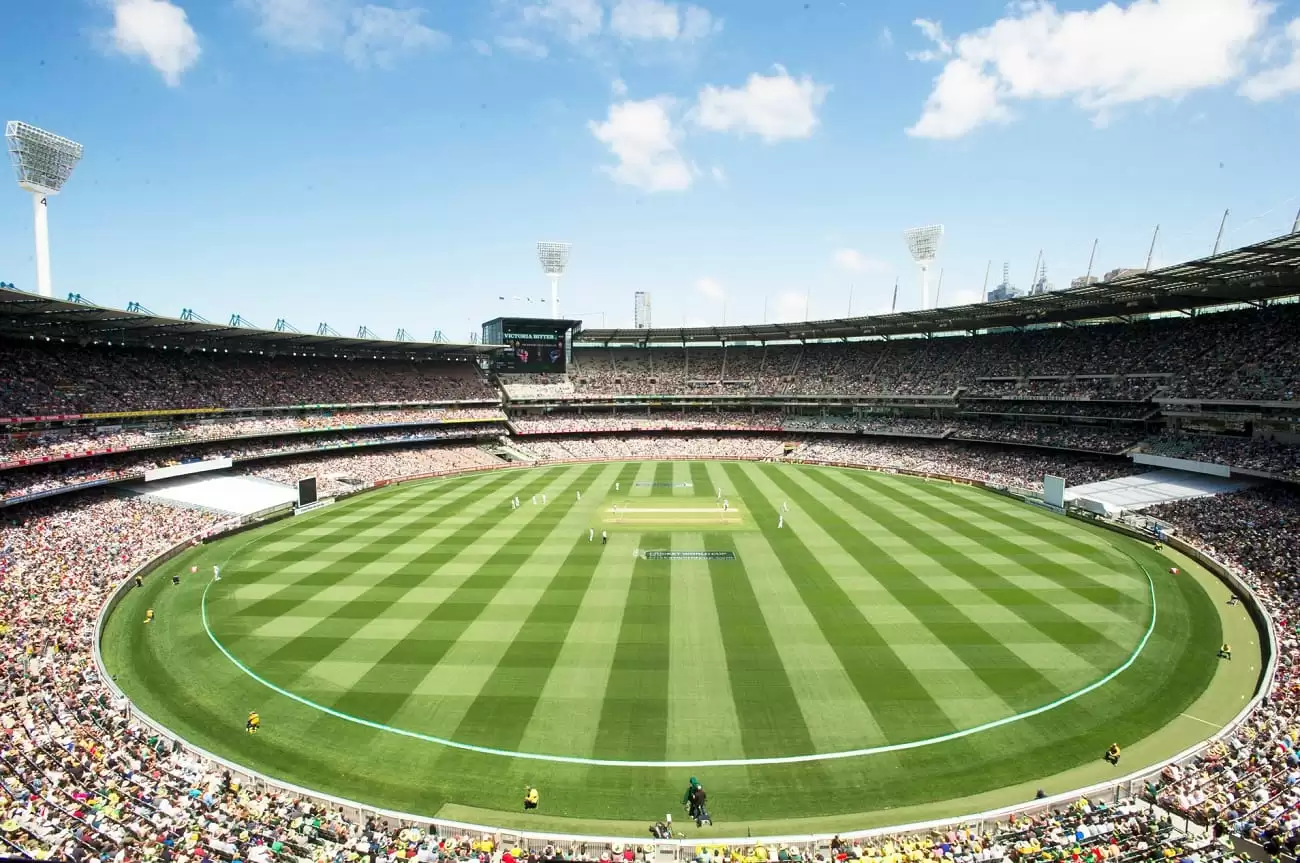
In 2005, the Board of Control for Cricket in India took over the administration of women's cricket in India from the WCAI. This marked a significant turning point in the history of women's cricket in India, as the BCCI brought in more resources and infrastructure to promote the sport.

The Women’s Cricket Association of India was formed in 1973 to promote and develop women’s cricket in the country. The WCAI organized the first-ever women’s cricket tournament in India in 1976, which was won by the West Zone.
In 1978, the Indian women’s cricket team made its international debut in a Test match against the West Indies. The team lost the match, but it was a significant step towards the development of women’s cricket in India.
The 1980s and 1990s saw the emergence of several talented women cricketers in India, including Diana Edulji, Shubhangi Kulkarni, and Shantha Rangaswamy. These players played a crucial role in establishing the Indian women’s cricket team as a competitive force in international cricket.
In 2005, the Board of Control for Cricket in India took over the administration of women’s cricket in India from the WCAI. This marked a significant turning point in the history of women’s cricket in India, as the BCCI brought in more resources and infrastructure to promote the sport. One of the widest betting lines for women’s cricket is presented by bookmaker Mostbet India, where all current matches are covered with a good set of odds.
The Indian women’s cricket team reached the final of the Women’s Cricket World Cup in 2005 and 2017, finishing as runners-up on both occasions. However, the team’s most significant achievement came in 2018 when they won the ICC Women’s World Twenty20, defeating Australia in the final.
The growth of women’s cricket in India has also been helped by the emergence of several domestic tournaments, including the Women’s One Day Challenger Trophy and the Women’s T20 Challenge. These tournaments have provided a platform for young women cricketers to showcase their talent and gain valuable experience.
Also Read: Mumbai Indians pacer records fastest ball in women’s cricket history
The inception and first steps of women’s cricket in India can be dated back to the 1970s when women’s sport was still in its infancy in the country. The Women’s Cricket Association of India was established in 1973 to promote and develop women’s cricket in the country. WCAI was responsible for organising the first women’s cricket tournament in India in 1976, which was won by West Zone.
The Indian women’s cricket team made its international debut in 1978 in a Test match against the West Indies. While the team ended up losing the match, it was a considerable step towards the evolution of women’s cricket in India. In the same year, the first ODI match was played against an International XI team.
The WCAI played a crucial role in the development of women’s cricket in India in its early years. The association organised several tournaments and matches, giving women cricketers an opportunity to demonstrate their flair and acquire valuable experience. The WCAI also helped create a nationwide network of women’s cricket teams, and several states started their own women’s cricket associations.
One of the biggest challenges faced by women’s cricket in India has been the lack of infrastructure and resources. Women cricketers have historically had fewer opportunities to train and play than their male counterparts, with limited access to quality coaching, facilities, and equipment. However, the BCCI’s takeover of women’s cricket in 2005 marked a significant turning point, with the board investing more resources and infrastructure to promote the sport.
Another challenge faced by women’s cricket in India has been the lack of media coverage and public attention. Women’s cricket matches have historically received less media coverage than men’s matches, with limited broadcasting and sponsorship opportunities. However, in recent years, there has been a growing interest in women’s cricket, with several broadcasters and sponsors showing interest in the sport.
One of the outstanding player in women’s cricket in India is Jhulan Goswami. She is the leading wicket-taker in women’s ODIs and has also captained the Indian team in several international matches. Goswami made her international debut in 2002 and has since played over 170 ODIs and 12 Test matches for India.
The Indian women’s cricket team has also achieved several historic victories in international cricket. In 2017, the team reached the final of the Women’s Cricket World Cup, finishing as runners-up. The team’s success generated significant media attention and public interest, with several brands signing up to sponsor the team.
In 2018, the Indian women’s cricket team won the ICC Women’s World Twenty20, defeating Australia in the final. The victory was a significant milestone for women’s cricket in India and marked the team’s first major international title.
The future of women’s cricket in India looks promising, with various initiatives being taken to promote and develop the sport. To ensure continued growth, there are several perspectives and directions for development that can be considered.
One of the key areas for development is increased investment and infrastructure. The BCCI has already made progress in this area, but more resources and infrastructure are needed, especially at the grassroots level, to provide more opportunities for women cricketers to train and play.
Promotion of women’s cricket at the domestic level is also essential for the development of the sport. More domestic tournaments and matches are needed to provide more opportunities for women cricketers to showcase their talent and gain valuable experience.